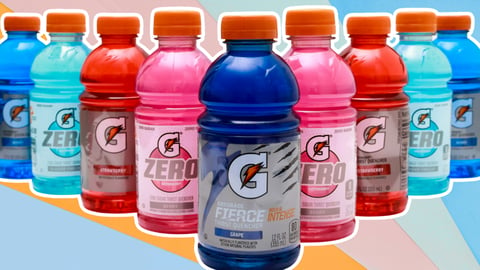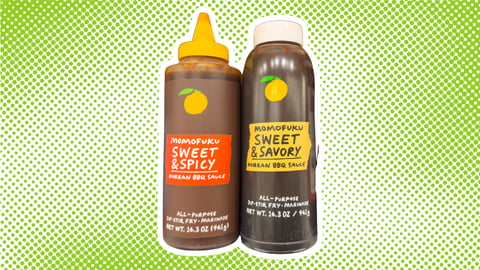Diageo Readies Digital Twin Trials for Lighter Johnnie Walker Bottles
Diageo will begin virtual twin trials for its Johnnie Walker bottle with the hopes of developing a coating that makes the bottle more lightweight without altering its shape or strength.
The No. 36 consumer goods company is teaming with a trio of solution providers to develop sustainable innovations to reduce the time, cost, raw materials and energy used in testing glass products. The trial, kicking off in January, will research and develop a new external coating for the bottle to reduce the micro-cracks in the glass surface, enabling a lighter bottle that’s not only just as strong but also still 100% recyclable.
If successful in the virtual trial, the bottle will undergo glass bottle testing from summer 2022.
[See also: Diageo Opens Its 1st Carbon Neutral Distillery]
Among the partners include Ardagh Group, a supplier in sustainable packaging solutions; EXXERGY, an international consulting firm in the renewable and glass sectors; and Dassault Systèmes, a provider of 3D and virtual technologies.
Lightening the weight of glass is expected to reduce CO₂ impact and carbon emissions, both in the manufacturing of the bottle and in transporting it.
This isn’t the first time the Johnnie Walker bottle has been reimagined in a more environmentally friendly format — the company last year partnered to test a paper-based version of the bottle — and Lucy Fishwick, Diageo head of procurement, grain to glass sustainability, noted that sustainable packaging remains a key priority for the company.
“We're excited to be part of this pioneering trial that embraces the principles of our Diageo Sustainable Solutions platform, which encourages innovation and collaboration in developing scientific solutions to the impact of climate change,” she noted. “We've made a commitment in our Society 2030 strategy to have net zero carbon emissions across all operations by 2050 or earlier and should this trial be successful, it's a great step towards us achieving that."






